The Syrian government has withdrawn its military forces from the southern governorate of Suwayda following days of deadly sectarian clashes and Israeli airstrikes, a move Damascus says is aimed at preventing further escalation amid U.S. and Arab-led mediation.
Province in flames
Suwayda, the heartland of Syria’s Druze minority, descended into chaos after intercommunal violence erupted last Sunday.
Clashes between Druze fighters and Bedouin tribes spiraled into full-blown urban warfare, with government troops and allied militias joining the fray.
By Thursday, the Syrian Observatory for Human Rights reported that 594 people had been killed across the province.
The city of Suwayda was nearly unrecognizable.
Streets were littered with bodies, homes and shops were burned, and looting was widespread.
“What I saw of the city looked as if it had just emerged from a flood or a natural disaster,” said Hanadi Obeid, a local physician.
The United Nations reported that nearly 2,000 families have been displaced.
Troop withdrawal under pressure
Syrian state media confirmed Thursday’s withdrawal, citing an official statement from the Presidency of the Syrian Arab Republic.
According to the statement, troops returned to their original positions “within the framework of the Syrian state’s commitment to avoiding further escalation.”
Damascus said the decision followed guarantees that local forces would refrain from retaliatory violence against civilians.
However, the presidency accused those same local fighters of violating the cease-fire and launching “a horrific campaign of violence” that endangered civil peace and could “push the country toward chaos and collapse.”
The government emphasized the need to reestablish state authority and reaffirmed its commitment to protecting all citizens, regardless of ethnicity or sect.
Israeli airstrikes and warnings
Israel intervened forcefully during the government’s brief deployment in Suwayda, launching airstrikes on military targets in the province and the capital Damascus.
According to the Observatory, three people were killed in the strikes on the capital.
Syria’s state-run SANA agency confirmed that Israeli jets later bombed the outskirts of Suwayda, even after Syrian forces had pulled back.
Prime Minister Benjamin Netanyahu said Israel’s “powerful action” had led to the cease-fire.
Israeli officials claim their intervention was intended to defend the Druze community, which also exists within Israel, though analysts suggest it was primarily aimed at keeping Syrian government forces away from the Israeli-occupied Golan Heights.
Community control and a tense calm
In a televised speech, Syrian interim President Ahmed al-Sharaa announced that local community leaders would now take over security responsibilities in Suwayda “based on the supreme national interest.”
Al-Sharaa, whose government replaced Bashar Assad’s regime in December, has had a tense relationship with Syria’s minorities.
He pledged to protect the Druze and hold accountable anyone responsible for the violence.
“We are keen on holding accountable those who transgressed and abused our Druze people, as they are under the protection and responsibility of the state,” he said.
Al-Sharaa’s Hayat Tahrir al-Sham movement has struggled to gain the trust of non-Sunni communities. This week’s events may deepen those divides.
International mediation, condemnation
A fragile calm was reportedly brokered late Wednesday following mediation by the U.S., Türkiye and several Arab countries.
The U.S. State Department said it did not support the Israeli airstrikes but welcomed the agreement to de-escalate.
Foreign ministers from 11 nations, including Saudi Arabia, the UAE, Qatar and Türkiye, released a statement condemning the Israeli attacks as violations of Syrian sovereignty and international law.
Syria’s presidency also warned of continued Israeli interference, saying it fuels chaos and destabilizes the region further.
The government urged the international community to support its efforts in restoring law and order, removing uncontrolled weapons and enforcing sovereignty across Syrian territory.
Families reunited at the border
As the fighting subsided, rare scenes of reunion unfolded along the Israeli-occupied Golan Heights. Dozens of Druze families gathered at the frontier, hoping to glimpse or reunite with relatives on the Syrian side. Some even crossed the barbed-wire fence.
“It was like a dream,” said Qamar Abu Saleh, a teacher in the Golan. “People from Syria started crossing here, and some from our side went there too. We still can’t believe it happened.”

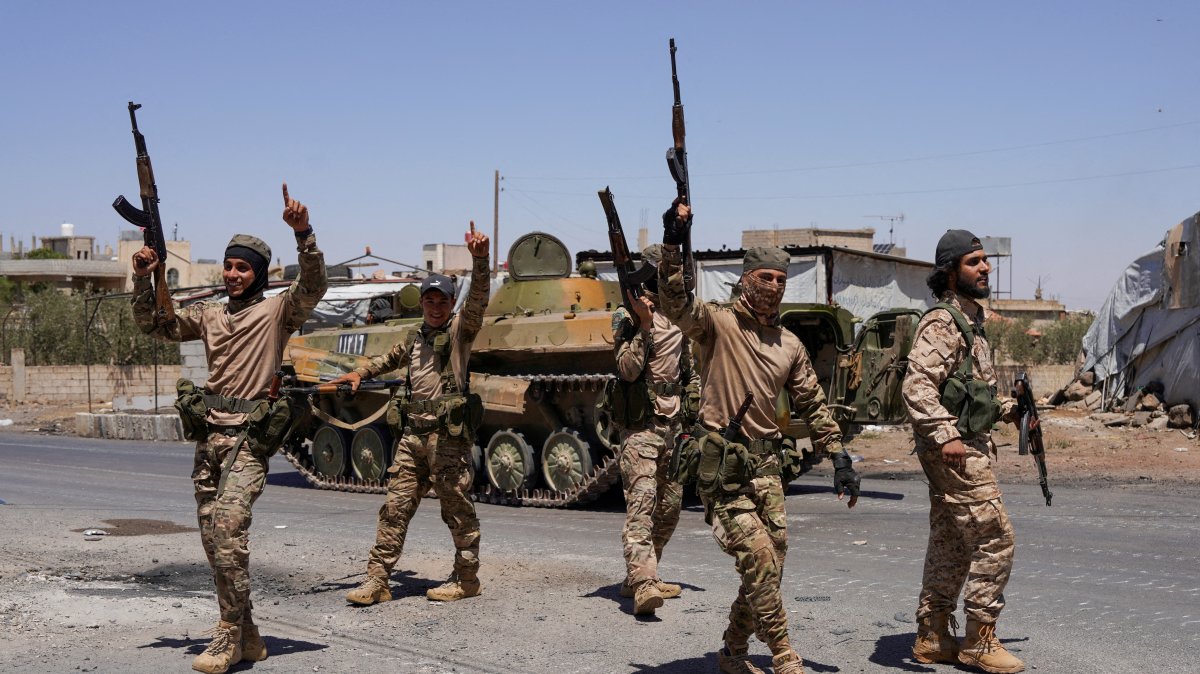

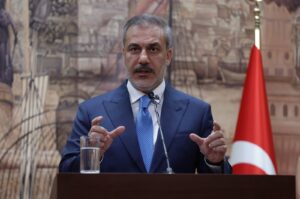

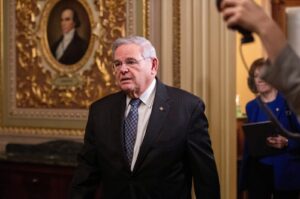

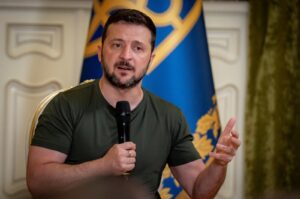



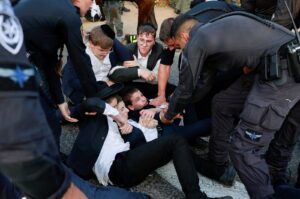
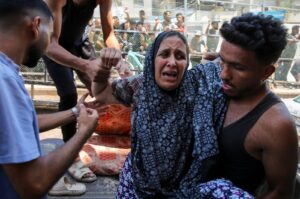
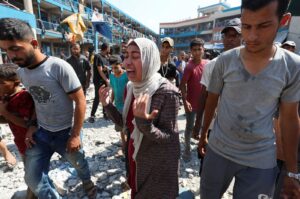
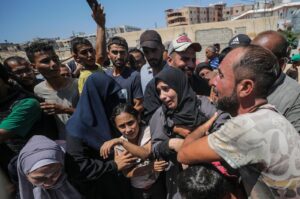

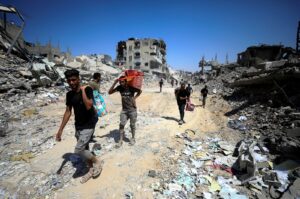
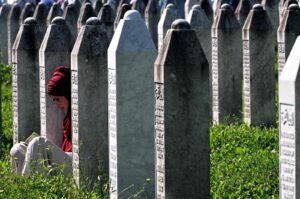

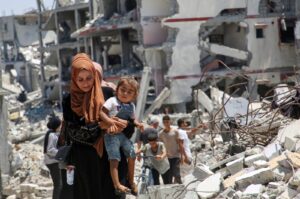
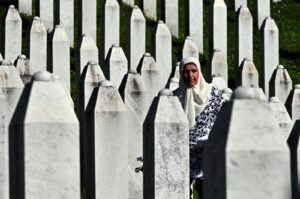
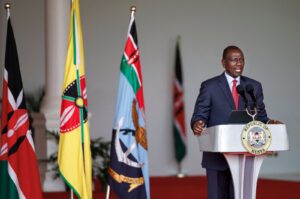
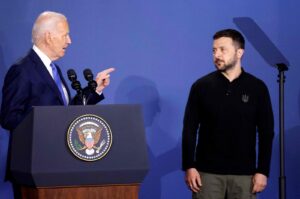
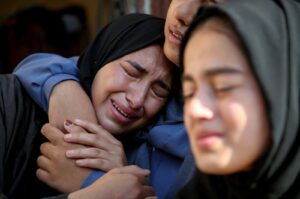
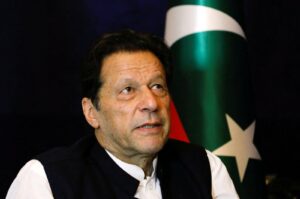
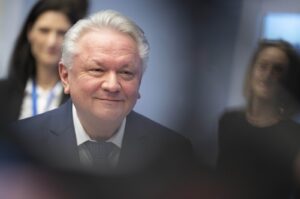
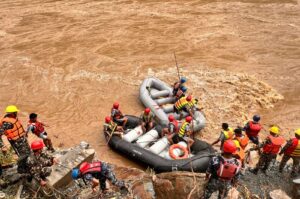
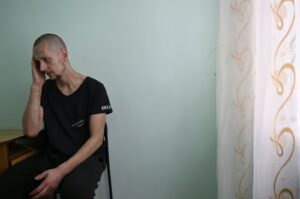
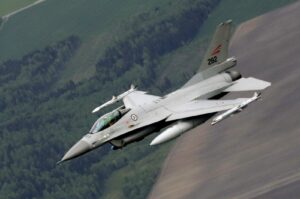
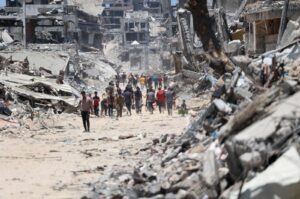
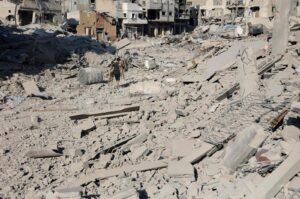
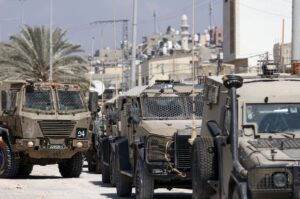
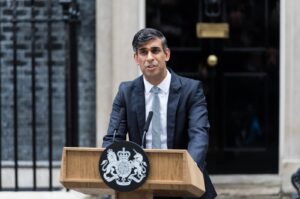
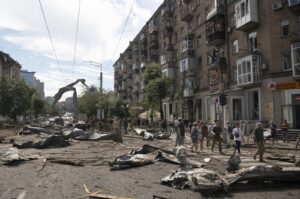
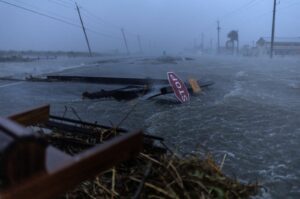
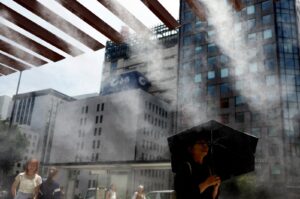
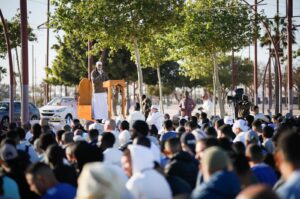
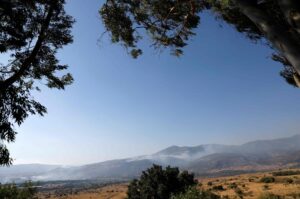
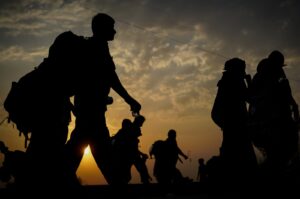

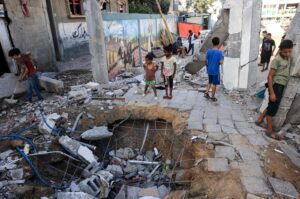
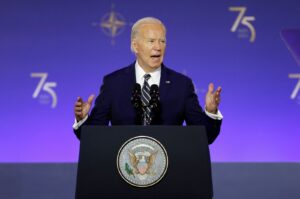
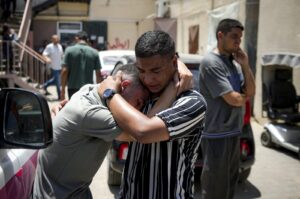
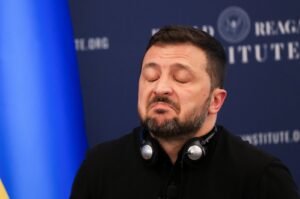
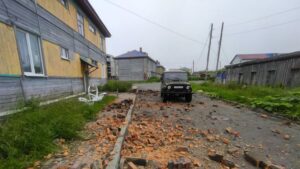
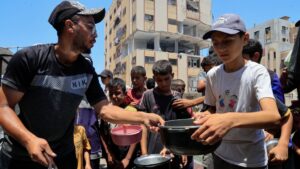
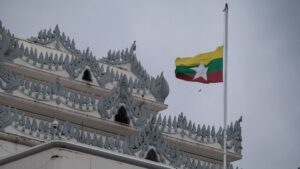
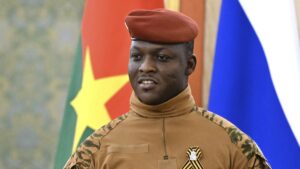



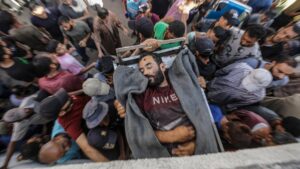
Be First to Comment